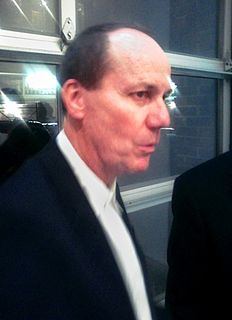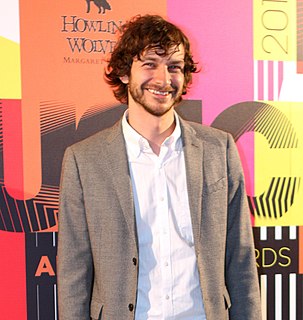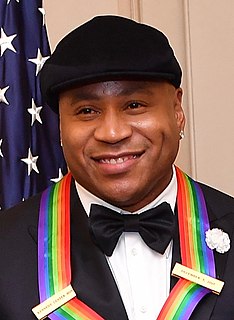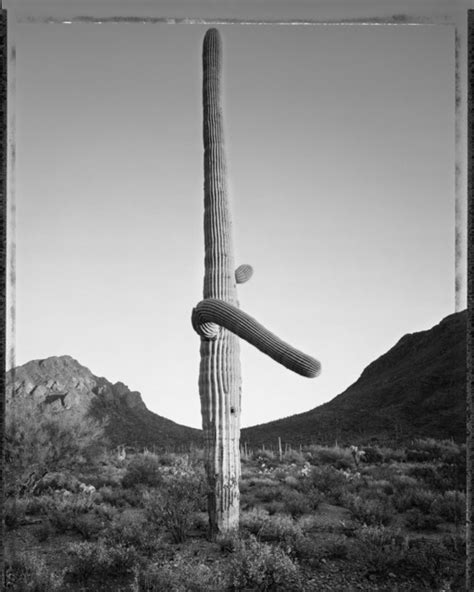A Quote by Mark Bradford
I don't know why we, in the art world, cannot unpack things and sort of make hybrid notions of a practice. We're very rigid. It's funny, though; in music, we have no problem sampling, mixing and remixing. But in the art world, why can't we take little parts of history and mix it together?
Related Quotes
Growing up in the '70s and '80s when my dad had an art gallery, one of the things that frustrated me was the world seemed so tiny, and to appreciate contemporary art, you needed a history of art, a formal education. I was more interested in the people, and that's why I went into the movie business in the first place.
The whole point of art, as far as I’m concerned, is that art doesn’t make any difference. And that’s why it’s important. Take film: you can have quite extreme emotional experiences watching a movie, but they stop as soon as you walk out of the cinema. You can see people being hurt, but even though you feel those things strongly, you know they’re not real.
I think one of the things that I took from Mel [Bochner] specifically was his ability to look at oneself and one's relationship to the history of art and the practice of art at arm's length, the ability to sort of clinically and coldly remove oneself from the picture and to see it simply as a set of rules, habits, systems, moving parts.
It became a question of taste. I have a certain taste in art history. And that - I had a huge library of art history books in my studio. And I would simply have the models go through those books with me, and we began a conversation about, like, what painting means, why we do it, why people care about it why or how it can mean or make sense today.
A big part of making music is the discovery aspect, is the surprise aspect. That's why I think I'll always love sampling. Because it involves combining the music fandom: collecting, searching, discovering music history, and artifacts of recording that you may not have known existed and you just kind of unlock parts of your brain, you know?
I love art, and I love history, but it is living art and living history that I love. It is in the interest of living art and living history that I oppose so-called restoration. What history can there be in a building bedaubed with ornament, which cannot at the best be anything but a hopeless and lifeless imitation of the hope and vigor of the earlier world?
Fine-art photography is a very small world associated with galleries, museums, and university art programs. It's not like rock music; the products of this world have never been widely seen because the artists are often exploring things that are not already coded in general consciousness. It's not that photographers don't want to be famous, it's just that very few of the views from the edges of culture make the mainstream. Ansel Adams was an exception.






































